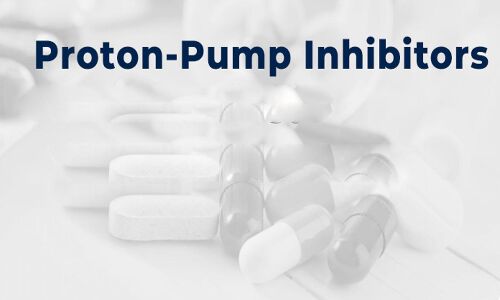
CANADA: Compared to placebo, pantoprazole caused a faster rate of eGFR reduction. According to a study published in the American Society of Nephrology, it is unclear how significant this effect is clinically.
Use of proton pump inhibitors (PPIs) is linked to an increased risk of end-stage renal disease, incident chronic kidney disease, and acute kidney injury.
Using information from the Cardiovascular Outcomes for People Using Anticoagulation Strategies (COMPASS) trial, Lonnie Pyne, Population Health Research Institute, and team evaluated the impact of pantoprazole on long-term renal function.
The researchers assigned 17,598 patients with chronic atherosclerotic vascular disease who were not receiving PPI therapy to receive either pantoprazole 40 mg daily, placebo, aspirin and rivaroxaban, or rivaroxaban alone in the placebo-controlled, partial factorial randomized controlled trial Cardiovascular Outcomes for People Using Anticoagulation Strategies (COMPASS) study.
The information was presented as a late-breaking abstract at the Orlando 2022 Annual Meeting of the American Society of Nephrology (ASN). The key outcomes that the investigators were aiming for were the mean rates of change of eGFR in patients whose eGFR had been recorded at baseline and at the beginning of the long-term, open label extension. Acute kidney injury (AKI), acute nephritis, and chronic kidney disease (defined as an eGFR less than 60 ml/min/1.73 m2) were also sought as secondary outcomes.
Major findings of the study:
- The mean rate of eGFR change in the placebo group was -1.37 (SD 4.29) ml/min/1.73 m2 per year over a mean follow-up of 3.4 years.
- In the pantoprazole group, the average annual change in eGFR was -1.59 (SD 4.27) ml/min/1.73 m2.
- In comparison to the placebo group, the pantoprazole group experienced a 0.26 ml/min/1.73 m2 per year higher drop in mean eGFR (95% CI 0.10 to 0.41, p=0.002).
- For incident CKD, the adjusted odds ratio was 1.11 (95% CI 0.98 to 1.25, p=0.09), and for AKI, it was 0.89 (95% CI 0.65 to 1.21, p=0.441).
When compared to the placebo, pantoprazole caused eGFR to fall at a faster pace. The therapeutic significance of this impact is debatable, concluded the researchers.
REFERENCE
Pyne, Lonnie et.al., Effects of Pantoprazole on Kidney Outcomes: Post Hoc Analyses from the COMPASS Randomized Controlled Trial. American Society of Nephrology. November 03, 2022. 2202 CKD (Non-Dialysis): Clinical‚ Outcomes‚ and Trials.
